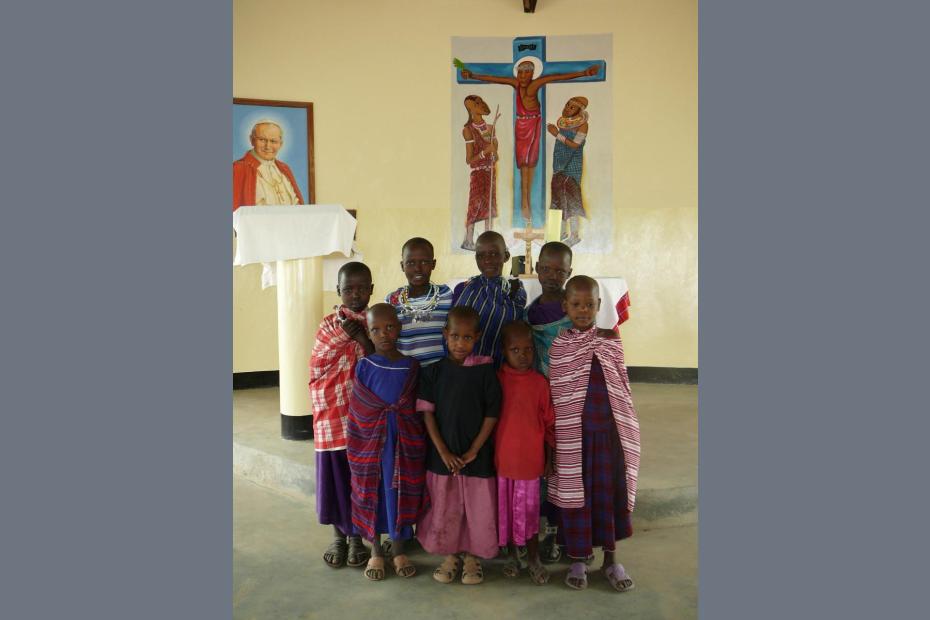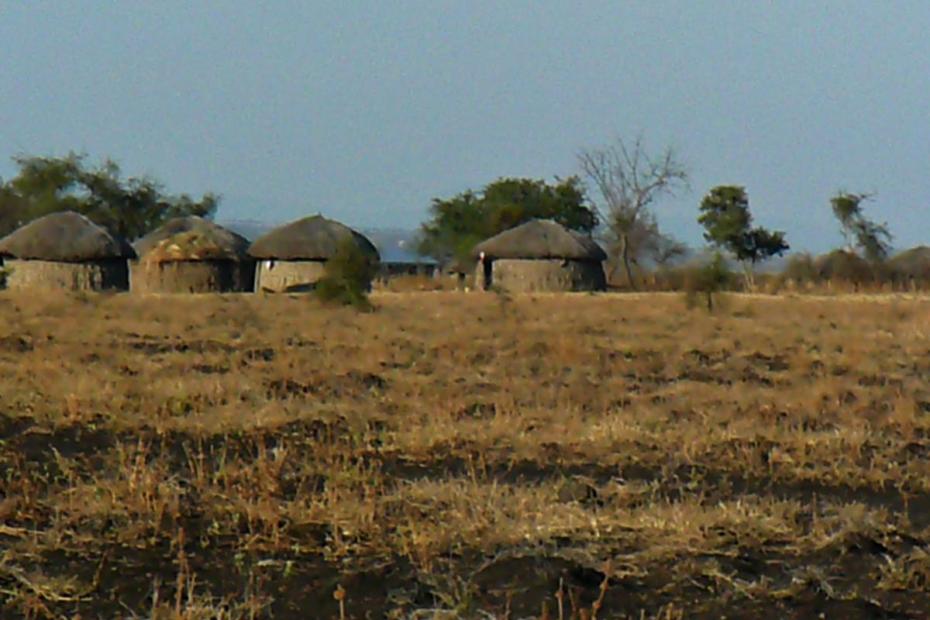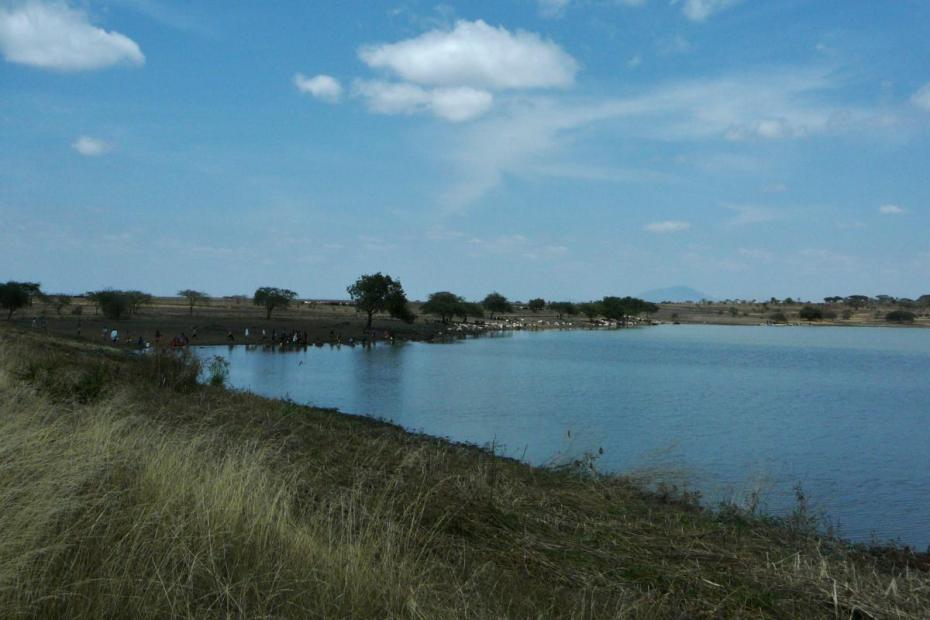The Catholic Church comprises the largest Christian church in Tanzania, and since Vatican II, it has been a leader in the interreligious dialogue. Tanzanian theologians like Charles Nyamiti and Laurenti Magesa have been leaders in the formulation of “inculturation theology,” drawing on the deep well of traditional African spirituality to reformulate an indigenized Catholic faith.
On the ground, traditional healing, witchcraft and exorcisms are part of the fabric of spiritual life. Witchcraft is greatly feared, especially among Christians. Some Christians whisper about certain Muslims that are harboring evil spirits to “throw” upon an unsuspecting victim. Children are warned by their parents of a certain woman who they believe has participated in witchcraft; this woman will be avoided like the plague. Others may see a symbol in a shop that they think indicates black magic; they, and any friend they tell, will from then on refuse to even pass in front of that shop again. Rosaries are often worn as protection against the evil spirits that are suspected to be lurking just out of sight.
Religious actors claiming to be able to channel omnipresent and spiritual forces are also a prevalent part of the Tanzanian fabric. One such actor by the name of Ambilikile Mwasapile was quite successful for a time in 2011. This former pastor turned “miraculous healer” claimed to have had a dream that revealed to him an antidote that would heal those infected with AIDS; those infected need only repent and pay a small fee for the miraculous cup of healing. Before these claims were effectively proved false and shut down, thousands spent their meager savings on Mwasapile’s services.
Religious competition and conversion have grown, although attitudes of convivial coexistence remain. For example, one famous traditional healer in northern Tanzania has recently become a Christian while retaining his healing ministry, arguing that all healing power – whether traditional, Christian or Western medical – stems ultimately from God. Catholic priests often find themselves in difficult situations when working in rural, traditional villages. The Maasai tribe, for example, allows for men to have multiple wives. This is an obvious contradiction to official Church teaching, but requiring the man to choose only one of his many wives would result in the destitution of his remaining wives and their children. Often the stance taken by the Church is to allow the man to retain his current wives after baptism, but there can be no more additional wives.
Read more
Bénézet Bujo and Juvénal Ilunga Muya, eds. African Theology in the 21st Century: The Contribution of the Pioneers (Nairobi, Kenya: Paulines Publications, 2003).
Dorothy L. Hodgson, The Church of Women: Gendered Encounters between Maasai and Missionaries (Bloomington, IN: Indiana University Press, 2005).
Laurenti Magesa, What Is Not Sacred? African Spirituality (Maryknoll, NY: Orbis Books, 2013).


